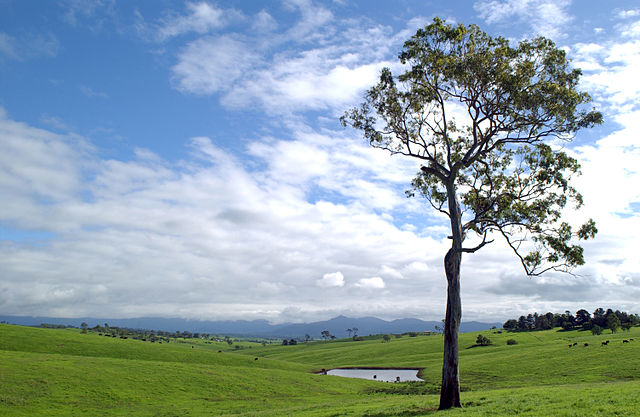A senate inquiry in Australia is taking place on amicable payment arrangement between farmers and grocers.
While it takes 2 to 3 weeks for farmer remuneration by a local supermarket to happen, a pay rise often takes years.
On March 11, 2024, producers in Orange, New South Wales, were bracing for a March 12 senate inquiry hearing against supermarkets. Many view the inquiry as a big score for them as it is the only regional hearing of its kind.
Farmers elsewhere have invited retail customers at the farm gate to repel grocers’ profiteering. Before March 7, beef customers were paying farmers a pricey A$43 ($28.45) per kg for grass-fed rump to benefit them. Interestingly, supermarkets were selling a kilo of rump at a cheaper AU$33 ($21.84).
Supermarkets in the line of fire include Coles and Woolworths, both of which charge farmers for early payments.
Rebates
According to a February 13 report by The Guardian, fresh produce suppliers only get early payment through rebates.
Fast payment processing eats up as much as 4% of the invoice, a surcharge which often puts off such requests.
A normal payment period, on the other hand, is basically 14 days and at other times as many as 4 months.
The supermarkets counter that each farmer agrees on a contract with them beforehand, which may include early payment rebates.
Lengthy Pay Rise
On the flip side is a lengthy pay rise lapse, which with some farmer-suppliers, last happened 15 years ago.
Producers also state that their grocers often pressure them to contribute to consumer discounts, too.
This lengthy wait and discount funding has apparently discouraged young people from taking up farming amid an aging rural population.
How Supermarkets Pay
According to Coles Supermarket, for each discount a buyer gets on a commodity, the given supplier ought to settle partial cost.
Therefore, whenever supermarkets cut prices for consumers, they do that after farmers have lowered their farm gate prices.
Given this economic model, supermarket prices sometimes take months before they reflect the actual fall in producer prices. For instance, in September 2023, farmers slashed lamb prices by 37%, to A$4.70 (US$3.11) per kg but supermarkets only cut retail prices by 10%.
In situations where farmers get a price raise, it often becomes hard to sustain it past a given season. For example, Australia’s apple prices fall during autumn, which means supermarkets lose if they sustain a producer pay rise indefinitely.
Ultimately, the farmer remuneration issue in Australia is tied to unavoidable economic factors, especially seasonal supplies.
